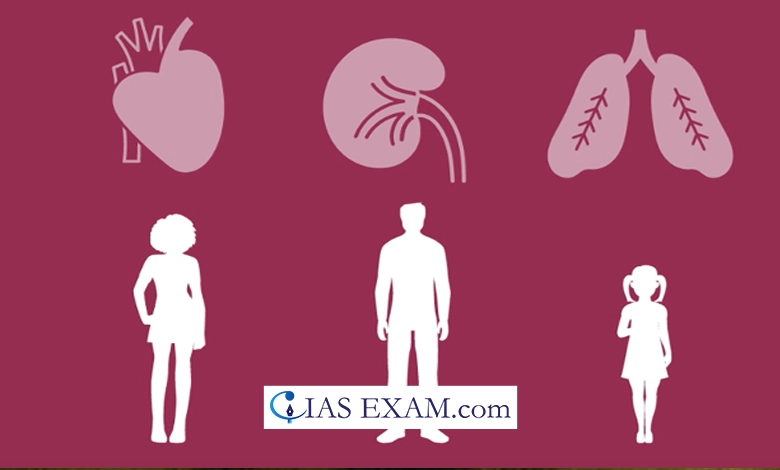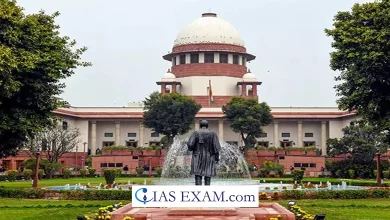
Context
Organ donation is a noble act that can save countless lives. However, the process of organ transplantation in India has been plagued by various challenges, including a lack of transparency, inefficient coordination, and inadequate infrastructure. To address these issues, the Centre has recently announced its decision to generate a Unique ID for organ donation. This move is expected to revolutionise the organ transplantation process in India, making it more efficient, transparent, and patient-friendly.
Need for a Unique ID
As it is, the process of organ transplantation is not simple but rather complicated and burdensome, demanding for a unique ID. There is a distributed set-up for organ donation and transplantation based on various contributors possessing hospital, organ donation firms and state governments role. This lack of centralization leads to several challenges, including:This lack of centralization leads to several challenges, including:
- Inefficient coordination: The lack of a conducted system comprises limitations of matching organ donors with recipients, thus it reflects slows and disorganisation of the matching process.
- Lack of transparency: Unfortunately, the existing system is unable to provide transparency, and the effect is that unethical practices are rampant and corruption is high.
- Inadequate infrastructure: The Indian system for organ transplantation is insufficient, as a result a huge shortage of organs ready for transplantation remains.
Benefits of a Unique ID
The generation of a Unique ID for organ donation is expected to address these challenges and bring several benefits, including:
- Improved coordination: A centralised system of organ donor-recipient matching of this type will make the process more efficient therefore lower processing time and improve outcomes.
- Enhanced transparency: A Unique ID will give system transparency of both organ donation and transplantation that in turn will cut the risk of unscrupulous procedures and criminality.
- Increased organ availability: Systems for the collection and recording of patient data will be introduced to identify potential donors and ensure availability of organs for transplant.
- Better patient care: The installation of a Unique ID has a function of various healthcare entities to access a patient’s medical history and organ donation status, which are very important in improving patient care and outcomes.
How will the Unique ID work?
The Unique ID for organ donation will be generated through a centralised system, which will:
- Registration of organ donors and recipients should be compulsory.
- Find a donor for each recipient by considering compatibility and medical requirements.
- Follow the organ donation and the subsequent transplantation.
- Releasing updates to various types of stakeholders, such as healthcare providers, patients and family members, would have been in real-time.
Implementation and Challenges
The implementation of a Unique ID for organ donation will require significant investments in infrastructure, technology, and human resources. The Centre will need to:
- Establish a centralised registry for organ donation and transplantation
- Develop a robust IT platform to support the Unique ID system
- Train healthcare providers and other stakeholders on the new system
- Ensure data privacy and security
Challenges may arise from
- Resistance to change from stakeholders
- Technical glitches and infrastructure limitations
- Ensuring data privacy and security
- Addressing ethical and legal concerns
Conclusion
Creation of Unique ID for organ donation is one of the key steps to Organization of transplantation in India. It is a multi-benefiting measure which increases coordination, transparency and the quality of patient care, and consequently raises organ availability and reduces the losses. Nevertheless, its implementation at a high level will necessitate good project planning, substantial investments, and the consideration of ethical and legal issues.
Source: The Hindu
UPSC Mains Practice Question
Q. Discuss the significance and challenges of implementing unique identification systems for organ donation. How can such systems improve organ allocation and transplantation processes? Analyse the ethical and privacy concerns associated with the use of unique IDs in organ donation, and propose strategies to address these issues effectively.





.png)



